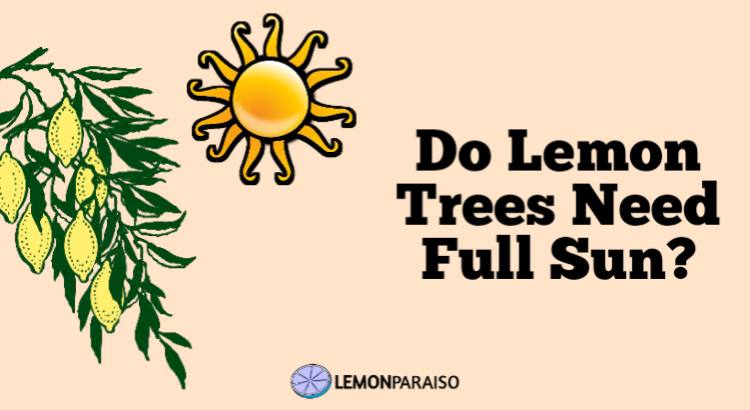Why Are My Lemons Falling Off The Tree?
Lemon trees are a popular choice for home gardens and orchards, due to their attractive appearance and the versatility of their fruit. However, it can be frustrating when lemons fall off the tree before they are ripe, or if the tree is producing less fruit than expected.
There are a number of potential reasons for this problem, including environmental factors, nutritional deficiencies, genetic factors, physical damage, and the age of the tree. Know these potential causes in more detail and provide some guidance on how to prevent or address them.
Environmental factors
Here are some potential environmental factors that could cause your lemons to fall off the tree:
- Lack of water or irregular watering patterns: Lemon trees require a consistent supply of moisture to produce healthy fruit. If the tree is not getting enough water, or if the soil is allowed to dry out completely between watering sessions, it may cause the fruit to fall off. On the other hand, overwatering the tree can also cause problems, as it can lead to root rot and other issues.
- Excessive heat or cold temperatures: Lemon trees are sensitive to extreme temperatures, and can be damaged by prolonged exposure to heat or cold. If the tree is subjected to temperatures that are too high or too low, it may cause the fruit to fall off.
- Strong winds or storms: Strong winds or storms can damage the tree or branches, which can cause the fruit to fall off.
- Pest infestations: Pests such as aphids, mites, and scale insects can attack the tree and feed on the fruit, causing it to fall off.
Nutritional deficiencies
- Lack of sufficient nutrients in the soil: Lemon trees require a number of essential nutrients to grow and produce fruit, including nitrogen, phosphorus, potassium, and others. If the soil is deficient in these nutrients, it can lead to problems with the tree’s growth and fruit production.
- Improper fertilization: In order to ensure that your lemon tree is getting all the nutrients it needs, it’s important to fertilize it regularly. However, overfertilizing the tree can also cause problems, as it can lead to excess vegetative growth at the expense of fruit production. It’s important to follow the recommendations on the fertilizer package and to test the soil regularly to ensure that it has the right balance of nutrients.
Genetic factors
It’s possible that the lemon tree you are growing is genetically prone to producing fruit that falls off easily. Different varieties of lemon trees can have varying degrees of fruit retention, with some being more prone to fruit drop than others. If the tree you are growing is known for producing fruit that falls off easily, there may not be much you can do to prevent it.
However, you can try to mitigate the problem by providing the tree with optimal growing conditions and taking good care of it. This may help to reduce the amount of fruit that falls off, even if it doesn’t eliminate the problem completely.
Physical damage
- Damage to the tree or branches from physical trauma: If the tree or its branches are subjected to physical trauma, such as from being hit by a lawnmower or struck by a falling object, it can cause the fruit to fall off.
- Improper pruning: Pruning is an important part of maintaining a healthy lemon tree, but it’s important to do it correctly. If the tree is pruned improperly, it can cause the fruit to fall off or prevent it from developing properly. It’s best to seek guidance from a professional or refer to reliable pruning guidelines to ensure that you are pruning your tree correctly.
Age of the tree
As lemon trees age, they may naturally produce less fruit or fruit of lower quality. This is a natural part of the tree’s life cycle and is not necessarily cause for concern. However, if you are noticing a significant decrease in fruit production or an increase in fruit drop in an older tree, it could be a sign that the tree is in poor health.
In this case, it’s a good idea to assess the tree’s overall health and address any issues that you find. This may include providing the tree with optimal growing conditions, addressing any pest or disease problems, and considering whether the tree is getting the nutrients it needs.



